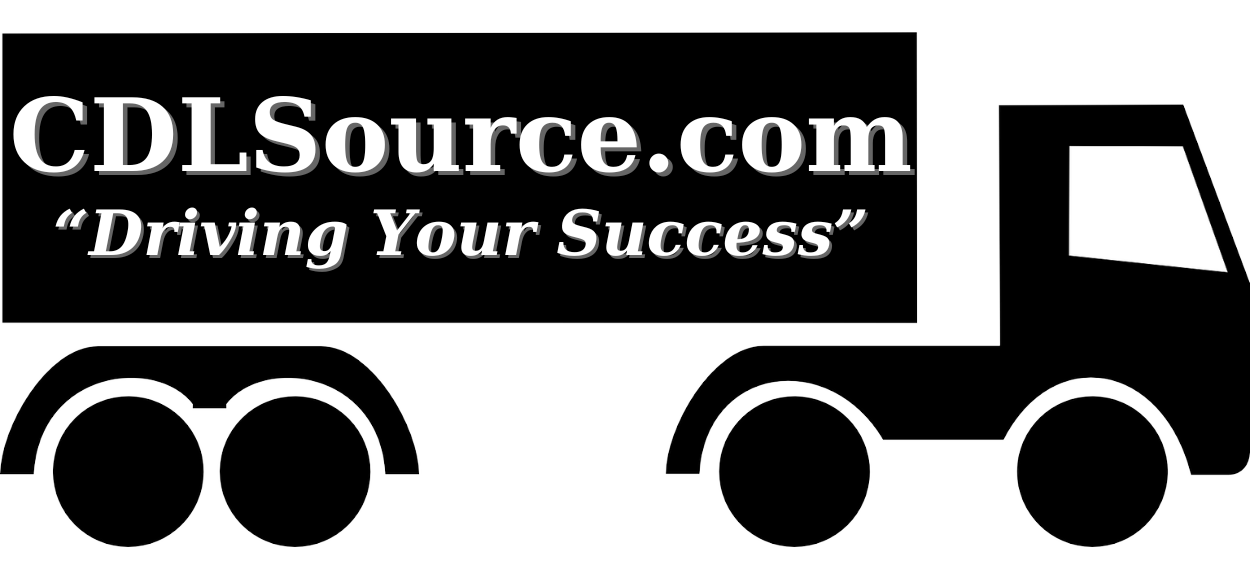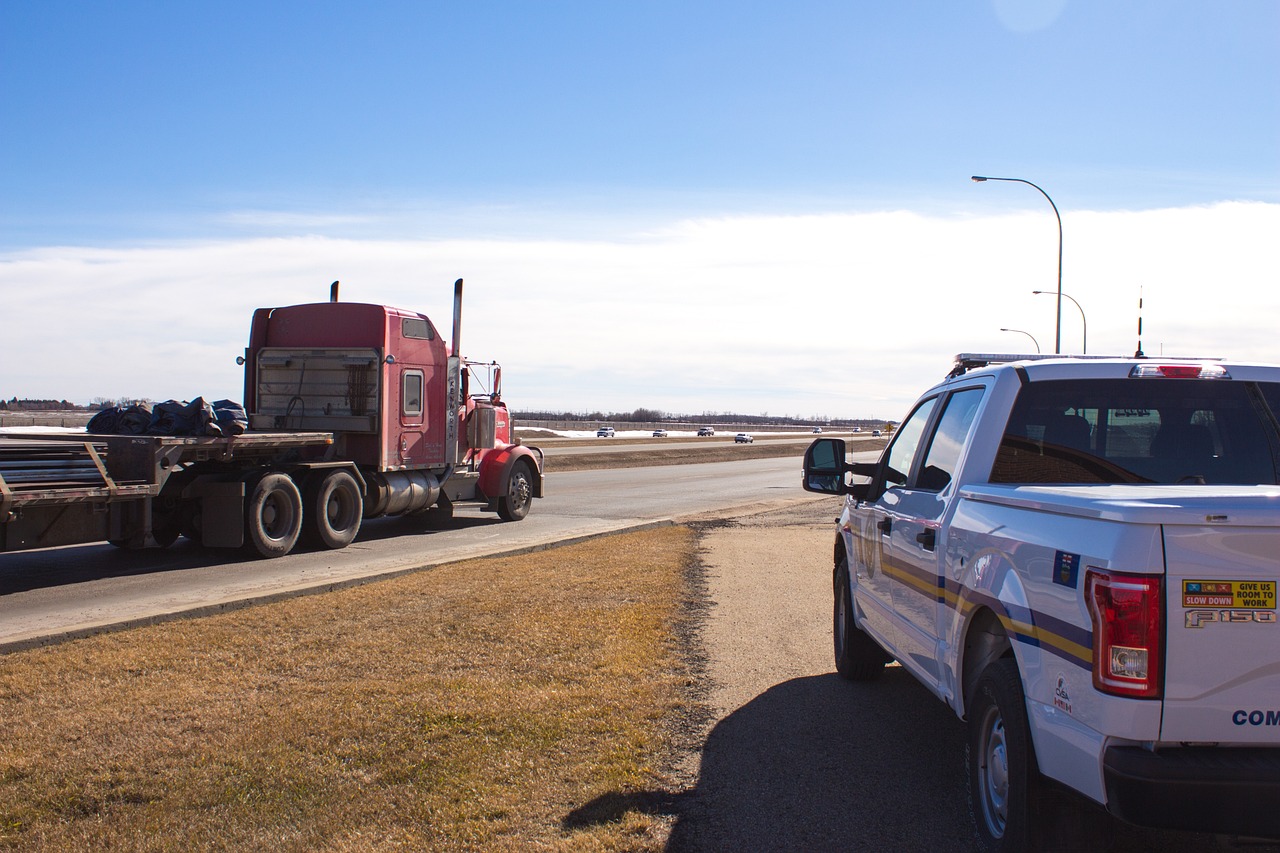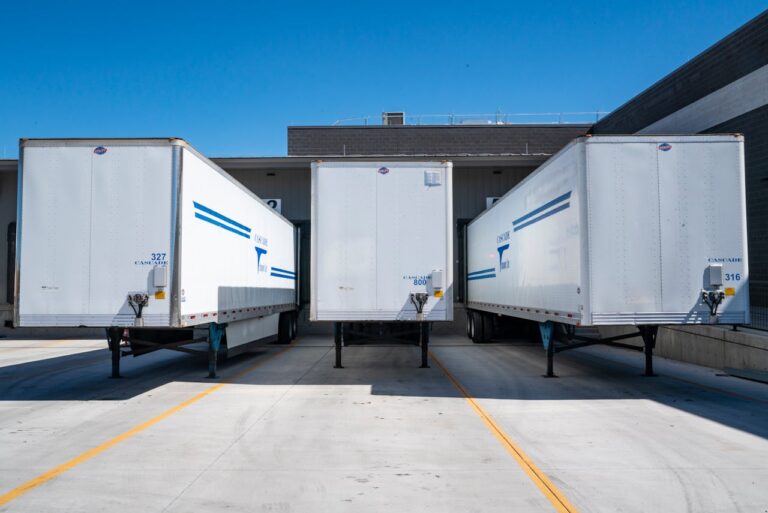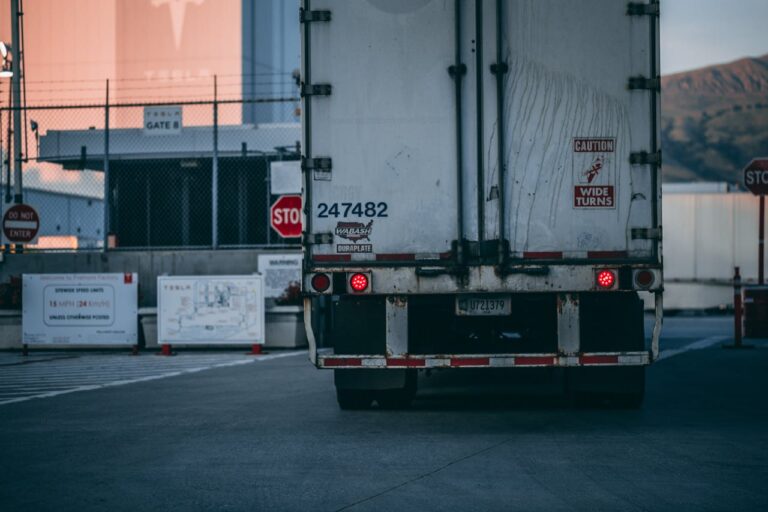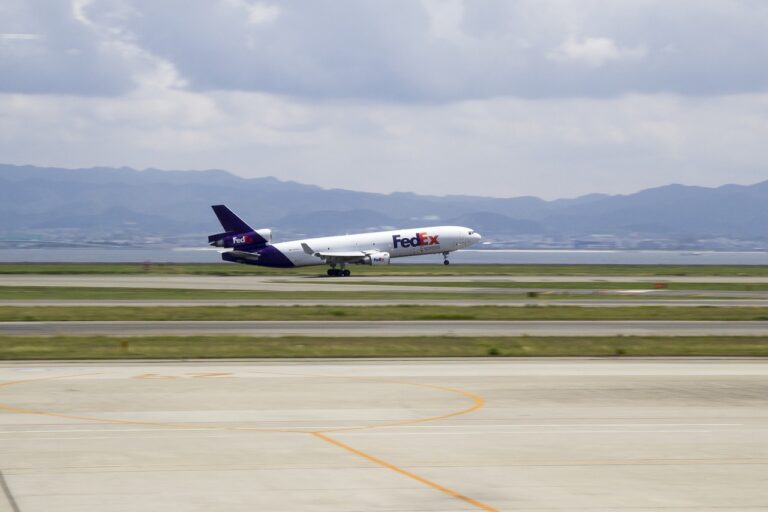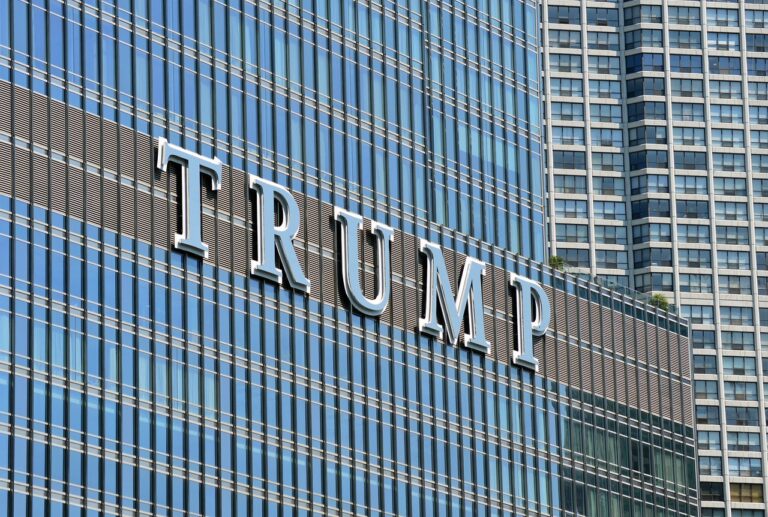Federal Measures Target Predatory Towing Practices in the Trucking Industry
The trucking industry, vital to the U.S. supply chain, has long struggled with predatory towing practices, including inflated fees and the illegal withholding of vehicles. These practices disrupt operations and cost motor carriers millions annually. To address this, the “Truck Towing Fairness Act” (H.R. 5678), introduced in July 2024, seeks to implement much-needed regulations to bring transparency and fairness to the industry.
The Problem: Predatory Towing Practices
Predatory towing exploits truckers in vulnerable situations. Common tactics include:
- Inflated Fees: Excessive charges for towing and storage.
- Illegal Seizures: Holding trucks and cargo to demand inflated payments.
- Undocumented Charges: Adding unjustified fees without explanation.
- Refusal to Release: Withholding trucks until exorbitant payments are made.
A study revealed that 82% of motor carriers have encountered excessive towing rates, underscoring the widespread nature of the problem.
Key Provisions of the “Truck Towing Fairness Act”
Introduced in the House in July 2024, H.R. 5678 proposes:
- Fee Caps: Limiting charges for towing, storage, and administrative fees to align with industry standards.
- Transparency Requirements: Requiring towing companies to provide detailed invoices and disclose rates upfront.
- Operational Guidelines: Defining when and how trucks and cargo can be towed or seized.
- Dispute Mechanisms: Establishing legal avenues for challenging unfair practices.
The bill passed the House Appropriations Committee in August 2024 and is slated for a full House vote in early 2025. Lawmakers aim for enactment by mid-year.
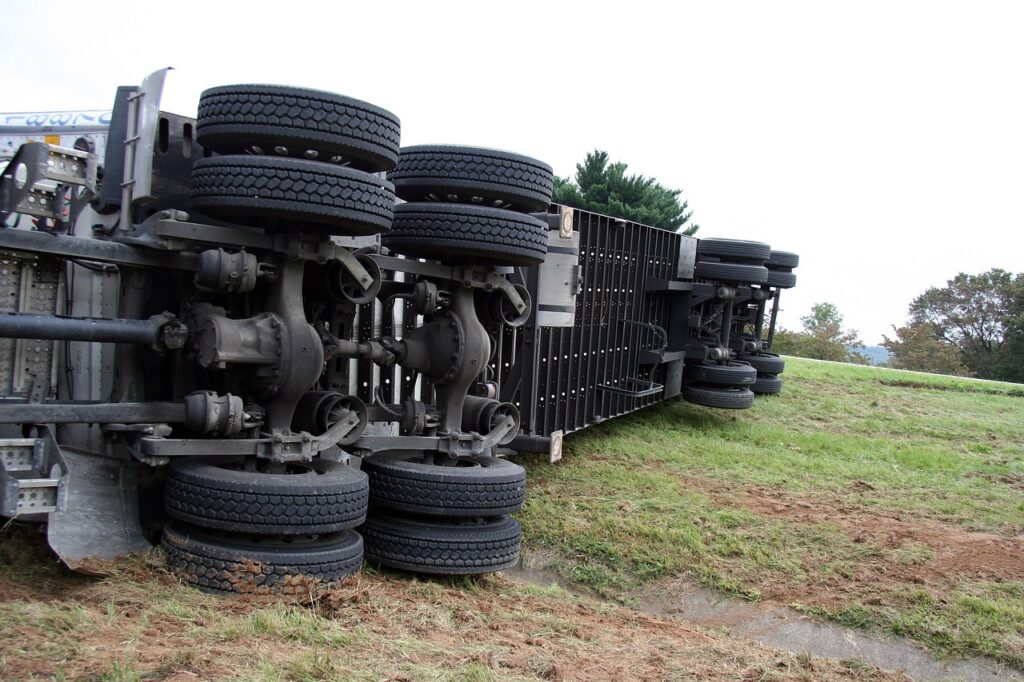
Industry Reactions
The trucking sector supports the bill, with the American Trucking Association (ATA) highlighting its importance in reducing supply chain disruptions. ATA President Chris Spear stated, “These practices undermine reliability and fairness in our supply chain.”
Conversely, some towing operators argue that overregulation may hinder their ability to recover legitimate costs, stressing the need to target bad actors without penalizing the broader industry. Lawmakers have addressed these concerns in committee discussions to ensure balanced regulations.
Economic and Operational Impacts
The legislation promises multiple benefits:
- Cost Savings: Capped fees could save the trucking industry millions annually.
- Operational Efficiency: Reducing towing disputes enhances supply chain reliability.
- Legal Clarity: Clear rules protect truckers and carriers from exploitative practices.
Enforcement will require resources, with the Department of Transportation (DOT) likely playing a pivotal role in monitoring compliance.
Addressing Common Concerns
Why does this problem persist?
A lack of consistent federal oversight has allowed predatory practices to thrive. Many states offer limited or no regulation of towing practices.
Will the legislation solve the problem entirely?
It addresses key issues but depends on effective enforcement and industry cooperation.
How will legitimate towing companies be affected?
Ethical operators may benefit from improved trust and clarity, as the legislation targets only exploitative practices.
Resources for Victims of Predatory Towing
Truckers and carriers affected by predatory towing can seek help from:
- American Trucking Association (ATA): Advocacy and industry resources.
- State Departments of Transportation: Guidance for towing disputes.
- Owner-Operator Independent Drivers Association (OOIDA): Legal and financial support for truckers.
- Better Business Bureau (BBB): Assistance with complaints and dispute resolution.
As H.R. 5678 advances, it signals a pivotal step toward equitable practices in the trucking industry. Effective collaboration among lawmakers, regulators, and industry stakeholders will ensure its success in safeguarding one of the nation’s most critical sectors.
